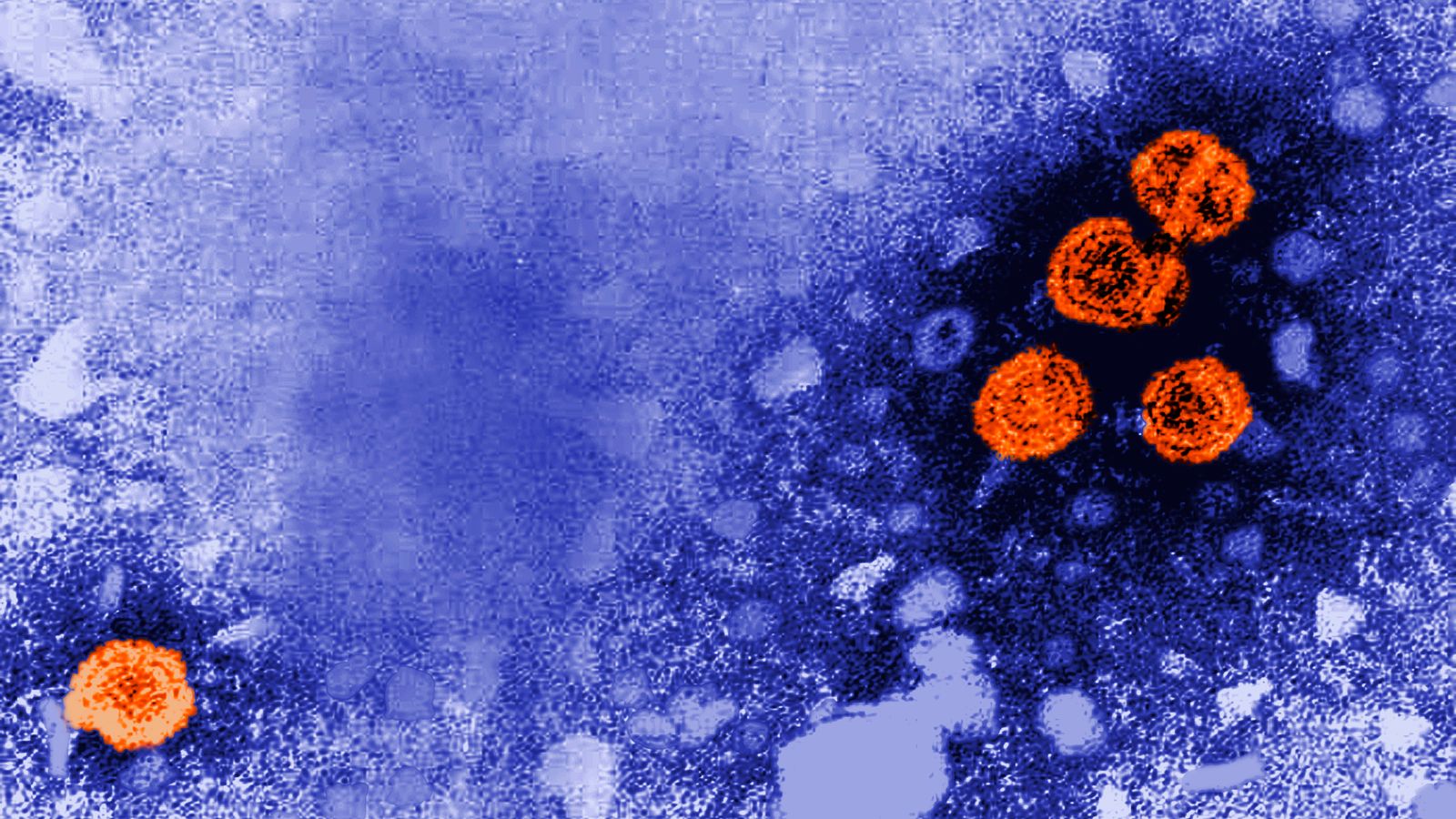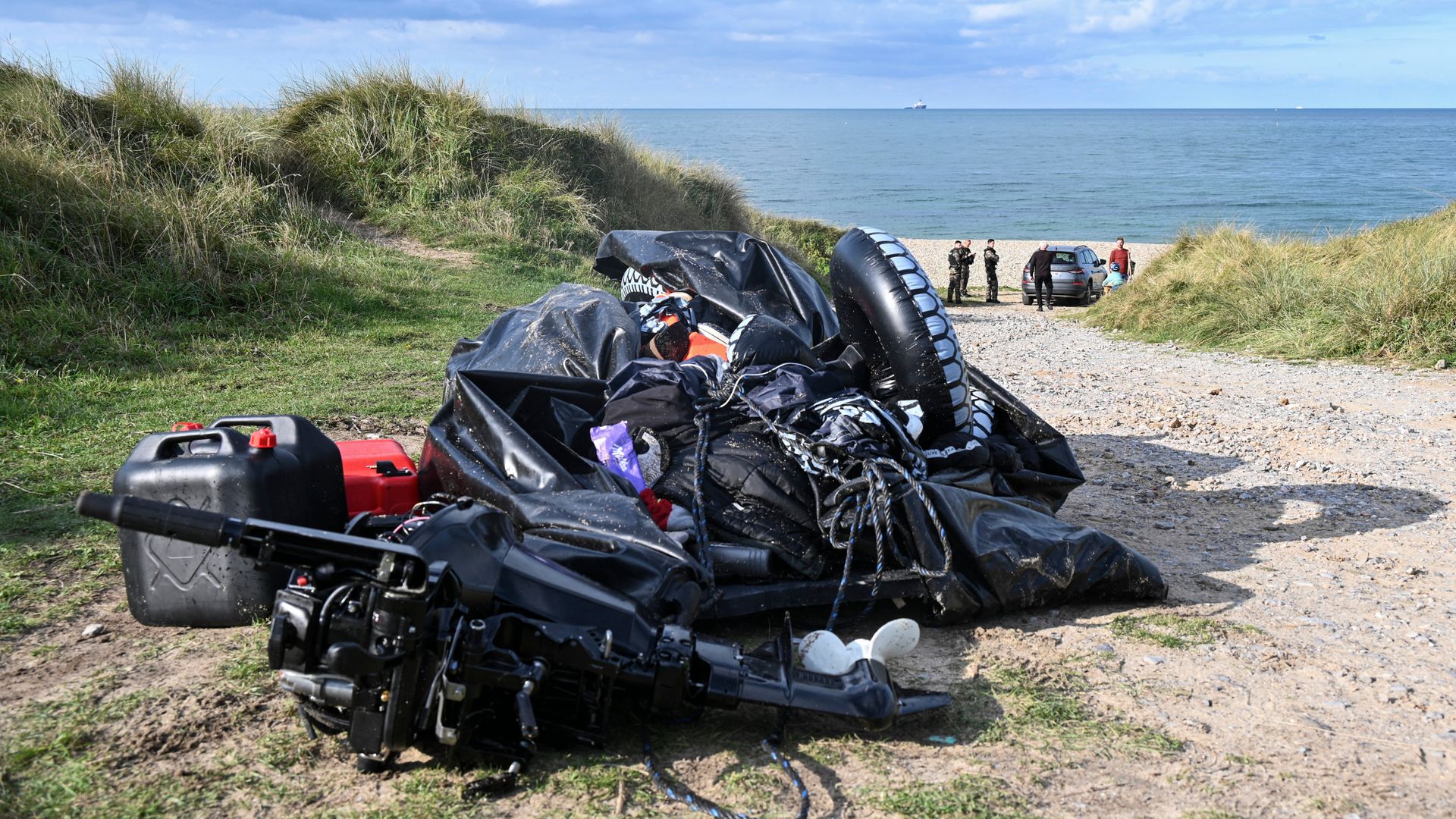A child being treated for acute hepatitis at a hospital in the Republic of Ireland has died.
A second child – who was also being treated for the illness – has received a liver transplant in the UK, the Health Service Executive (HSE) in Ireland confirmed.
The cases are linked to an unexplained version of the virus that has been reported across the globe, including in the UK.
As of April, at least 169 cases of acute hepatitis of unknown origin in children have been reported in 11 countries, with 114 of these in the UK.
Since March, the HSE said that there have been six probable cases of children with hepatitis in Ireland, which it said “is more than would usually be expected over this period of time”.
In all of those cases, children were aged between one and 12 – and all were taken to hospital as a result.
The children have no links to the others involved and no single virus has yet been identified.
Read more:
What is driving the surge in hepatitis in young children?
The girl who had just hours to live
The HSE also said the Irish cases have no links to the UK, and none had a recent travel history to the UK.
Irish authorities are working with the European Centre for Disease Prevention and Control, and the World Health Organisation, as well as UK officials, to identify what is causing the illness.
Parents have been warned to look out for symptoms, including:
• Dark urine or pale / grey coloured faeces
• Itchy skin
• Muscle and joint paint
• Loss of appetite
• A high temperature
• Feeling unwell or tired all the time
• Jaundice – where the skin and whites of the eyes take on a yellow tinge
The common viruses that cause hepatitis (hepatitis viruses A, B, C, and E) have not been detected in any of the cases reported worldwide.
Authorities are investigating links between the hepatitis cases in children and an increase in infections caused by adenovirus, a common cause of childhood illness, as well as other infections including COVID-19.








